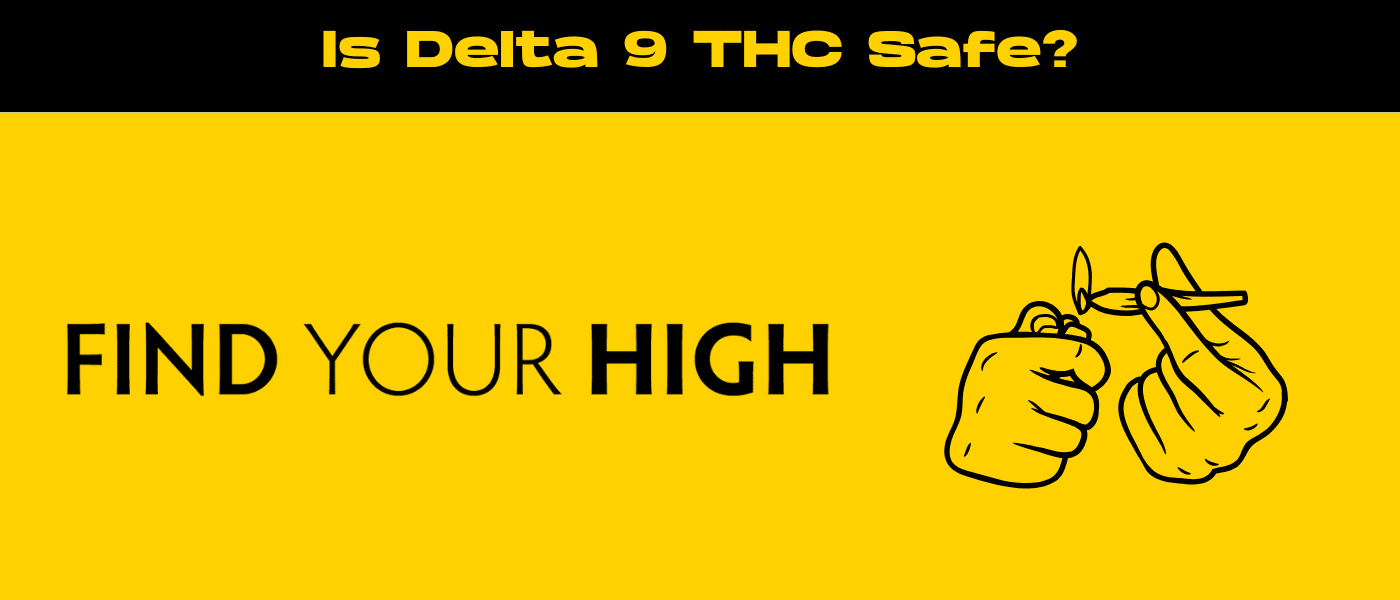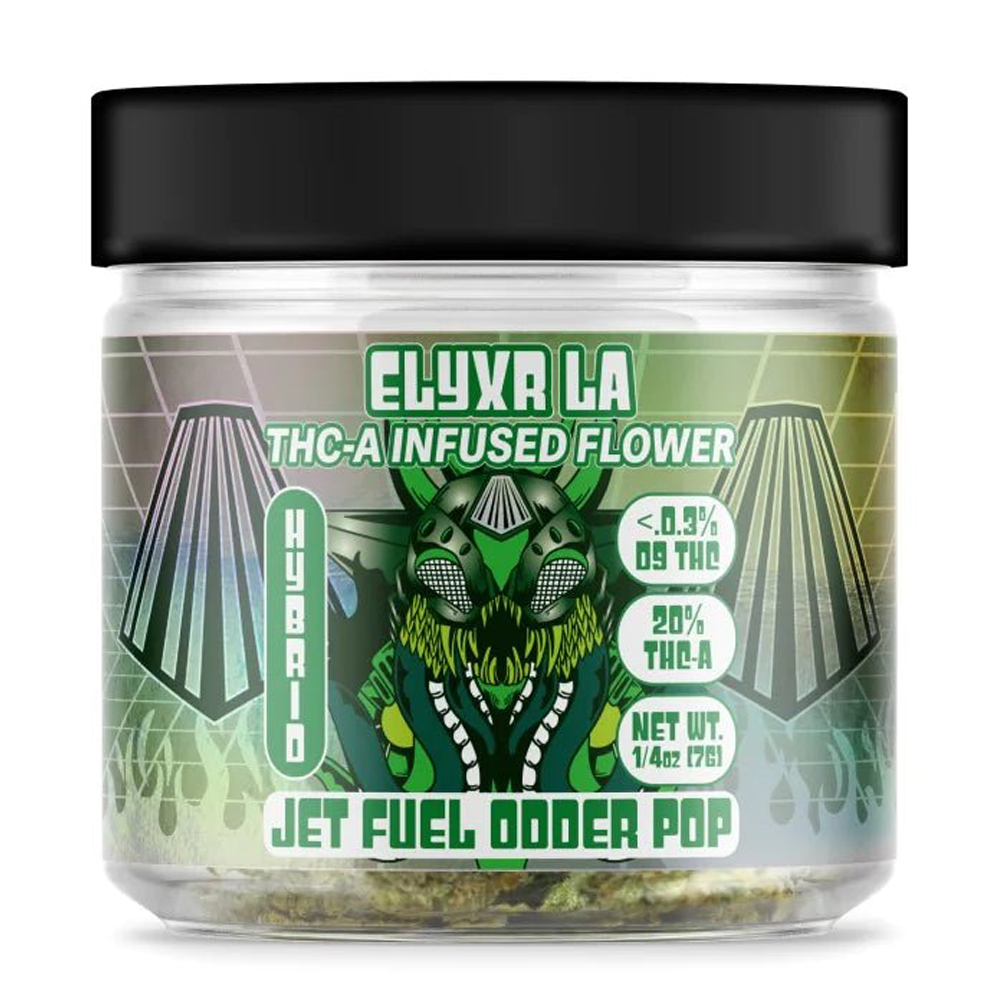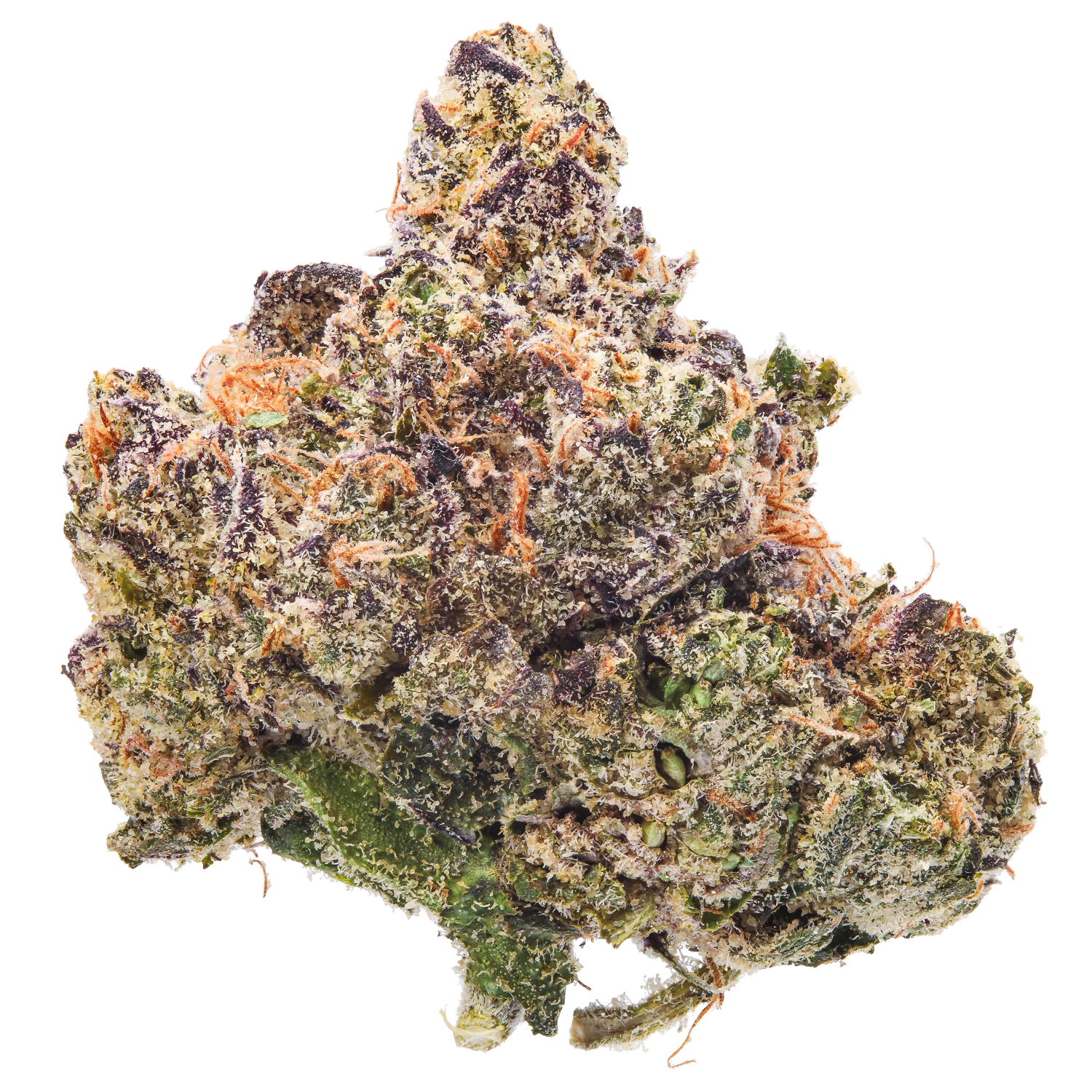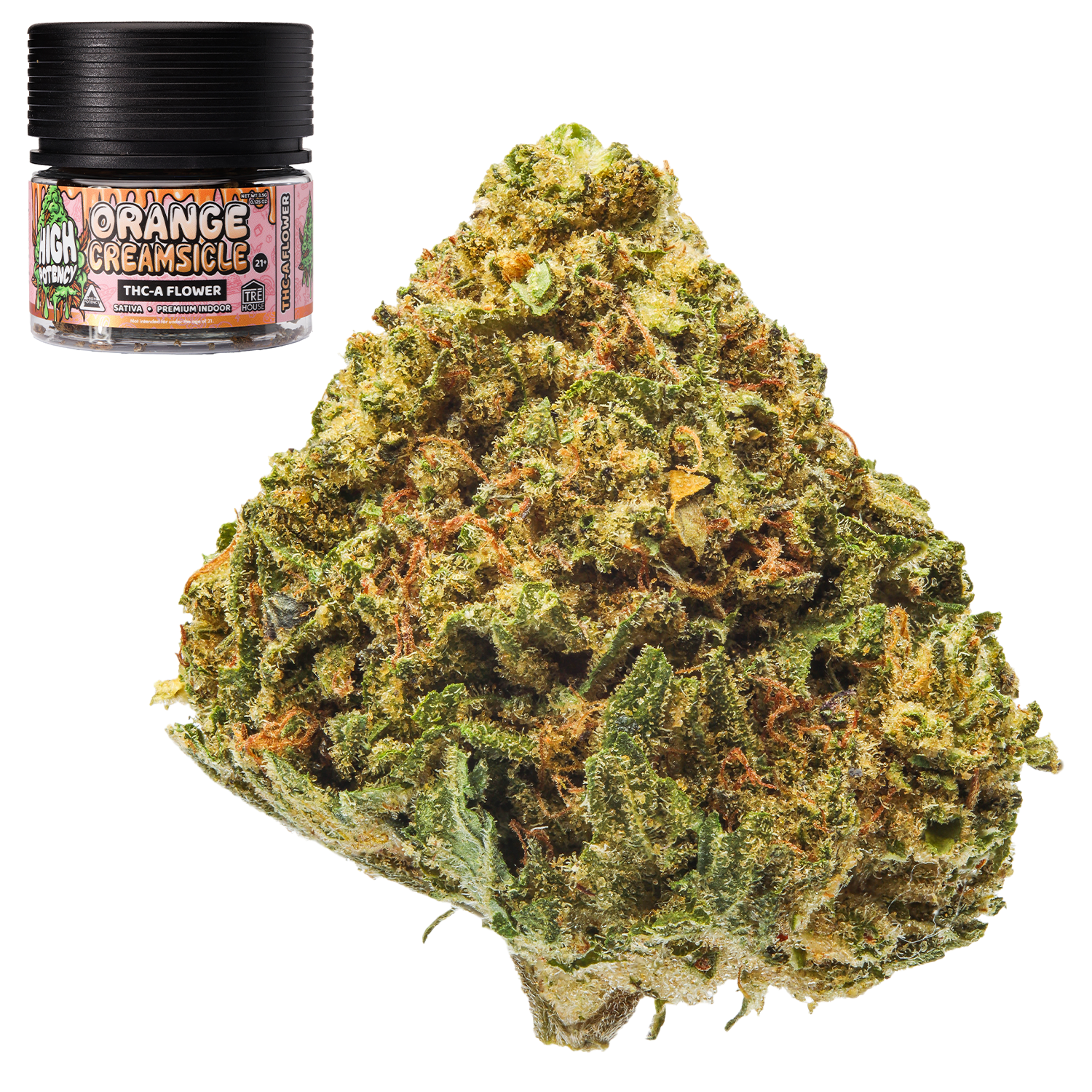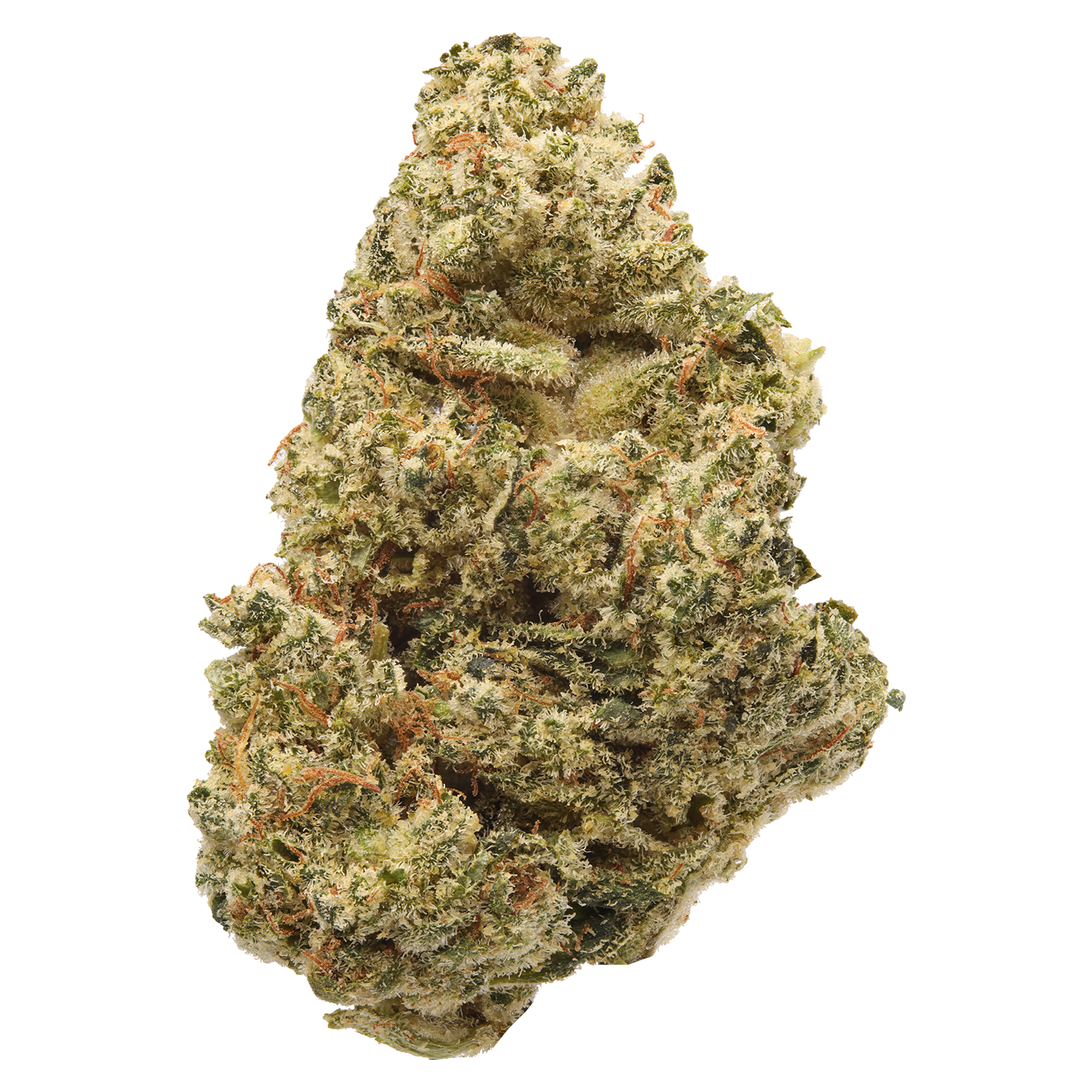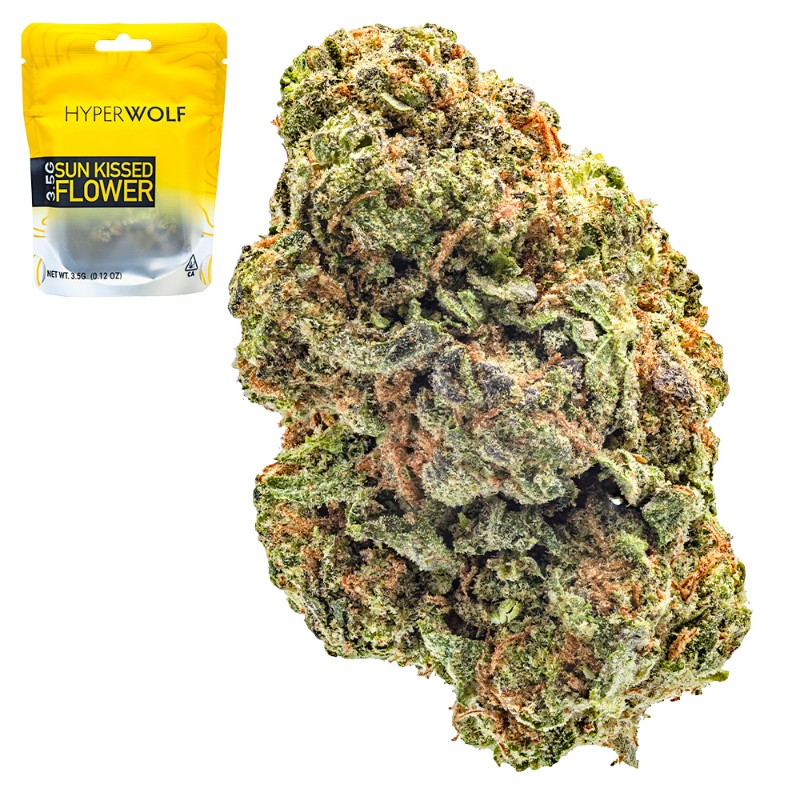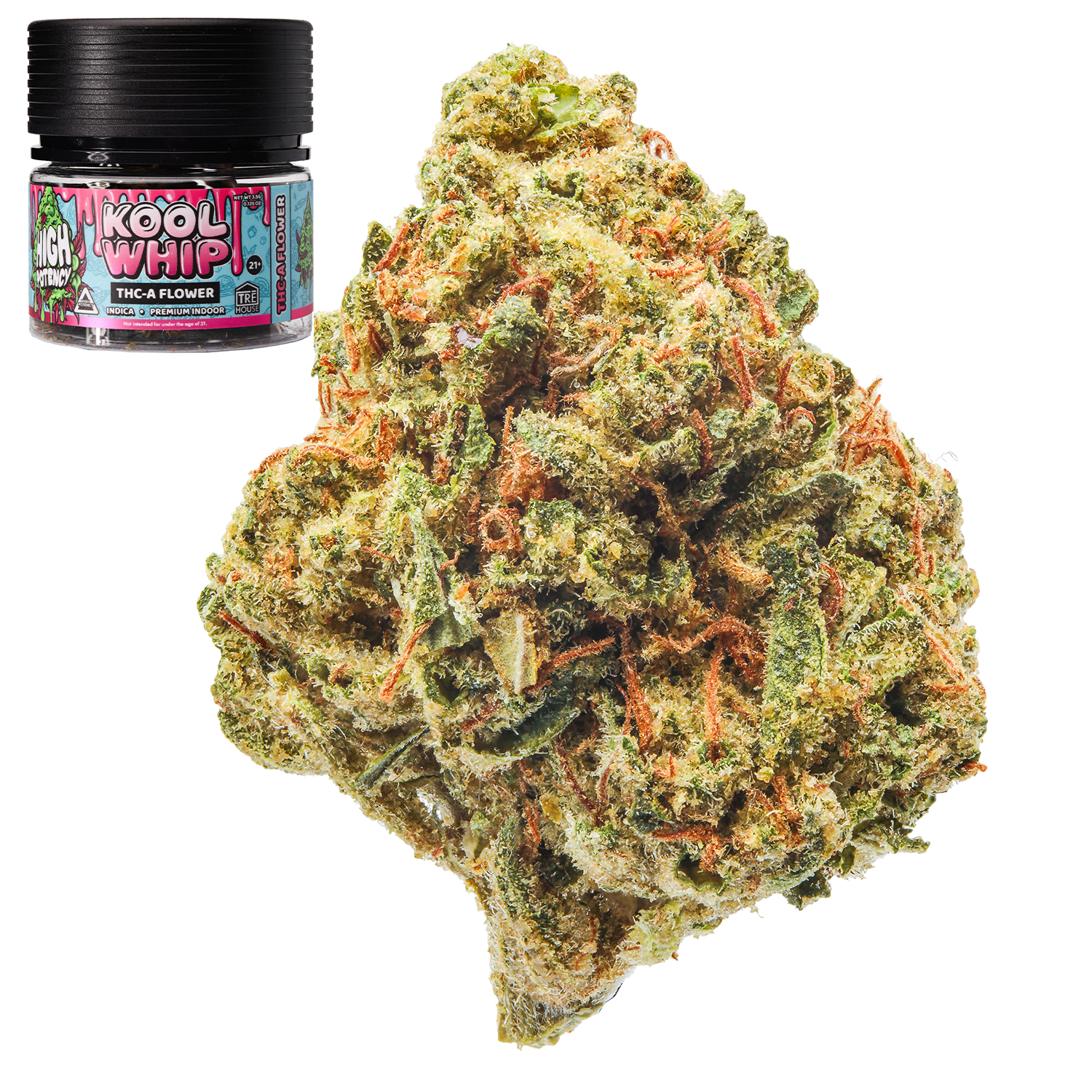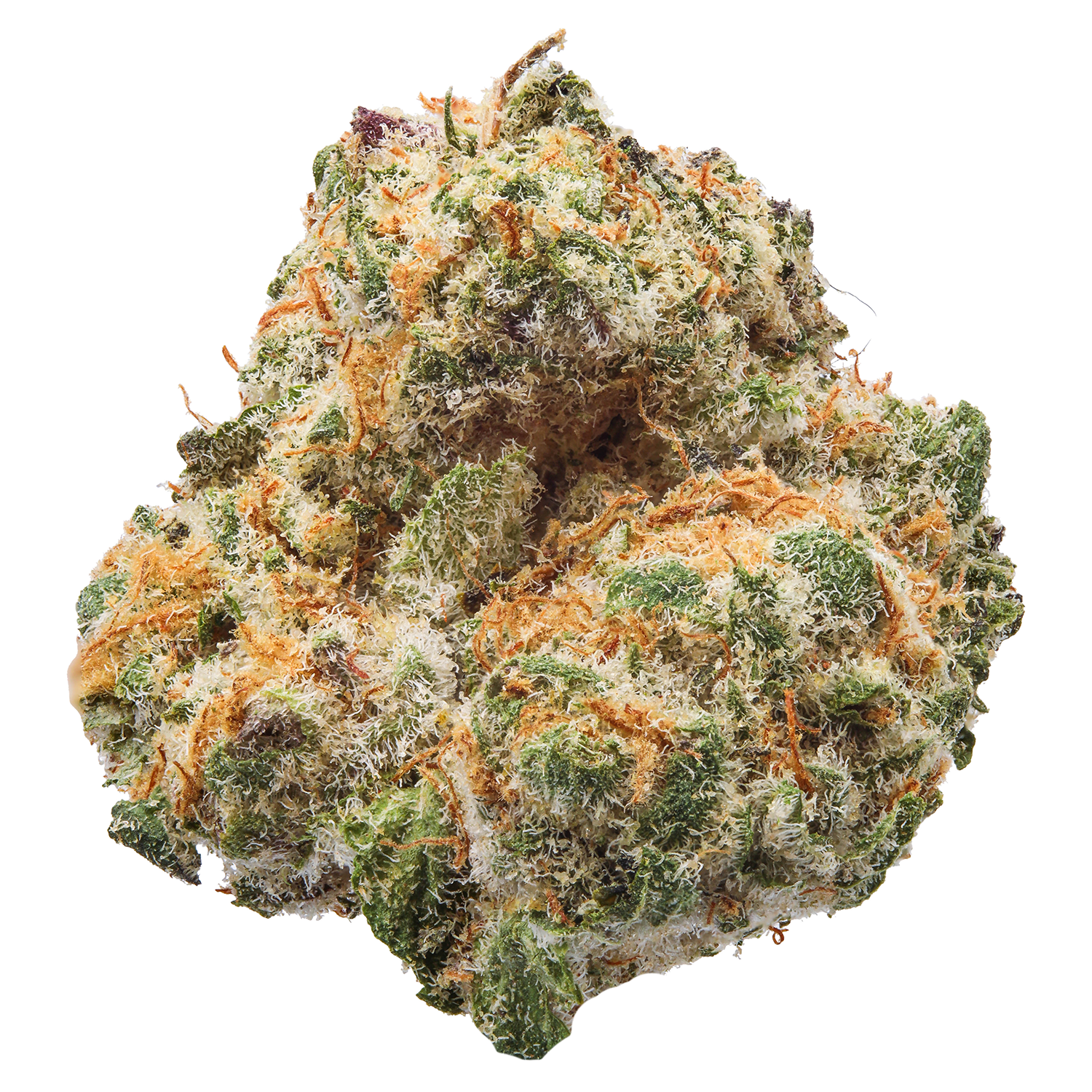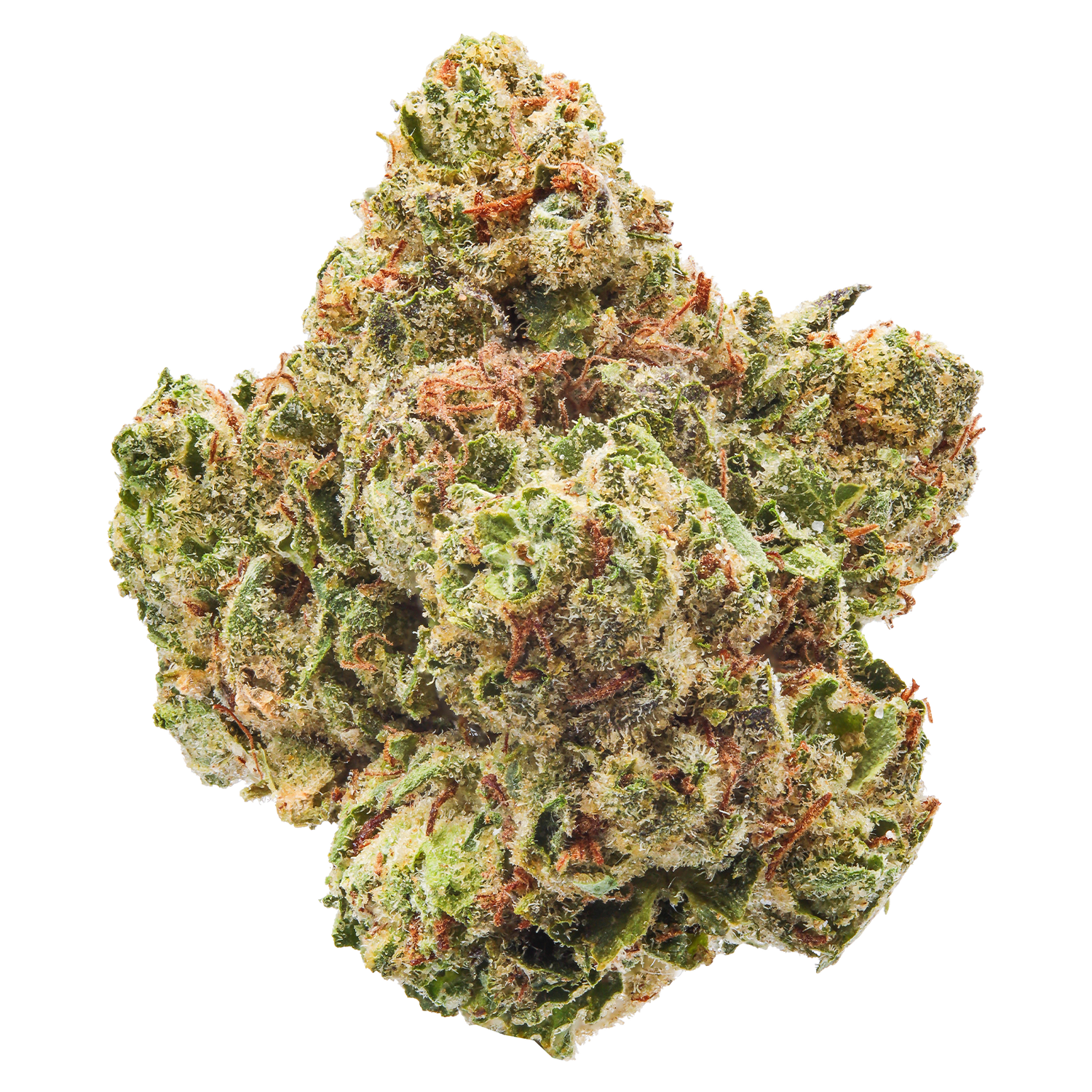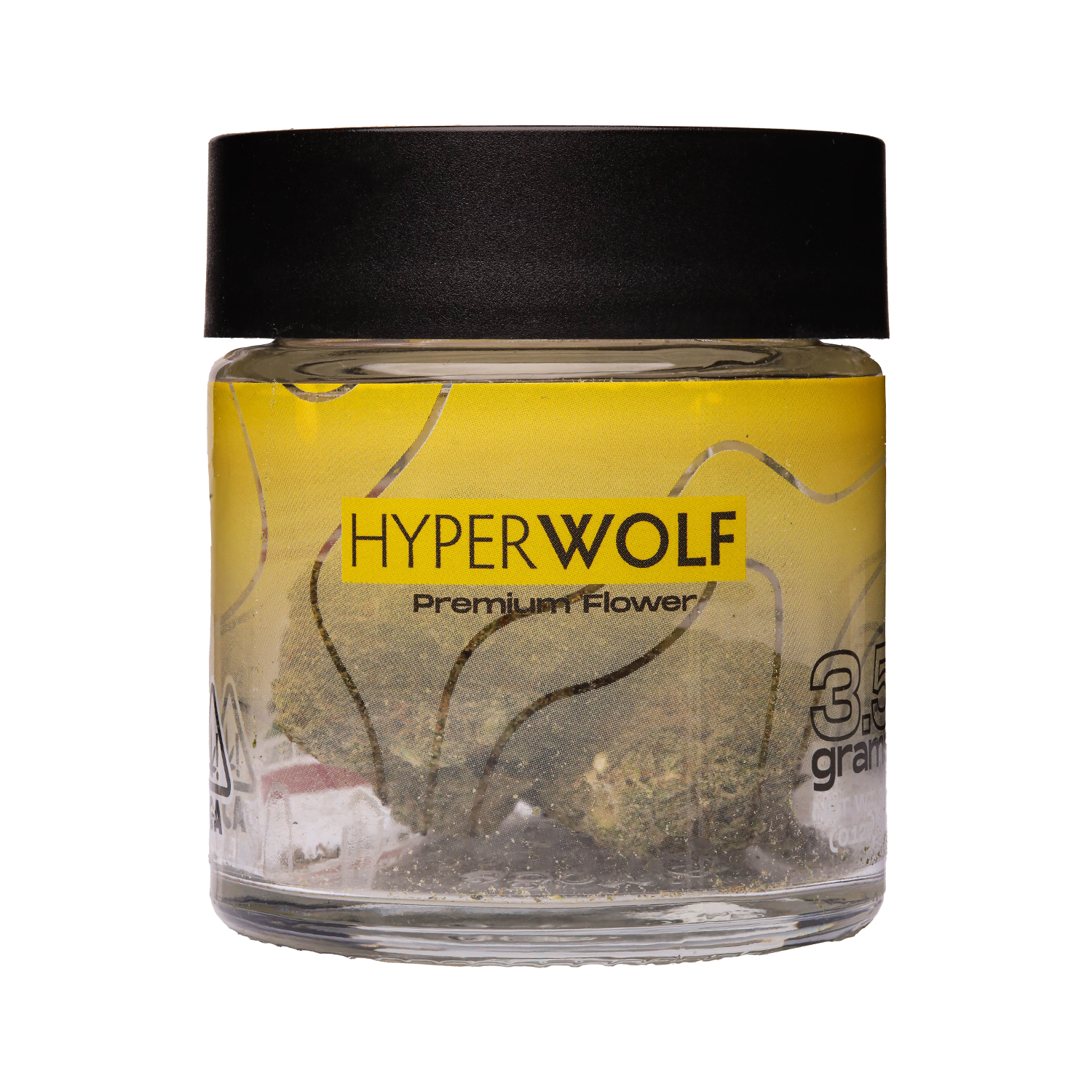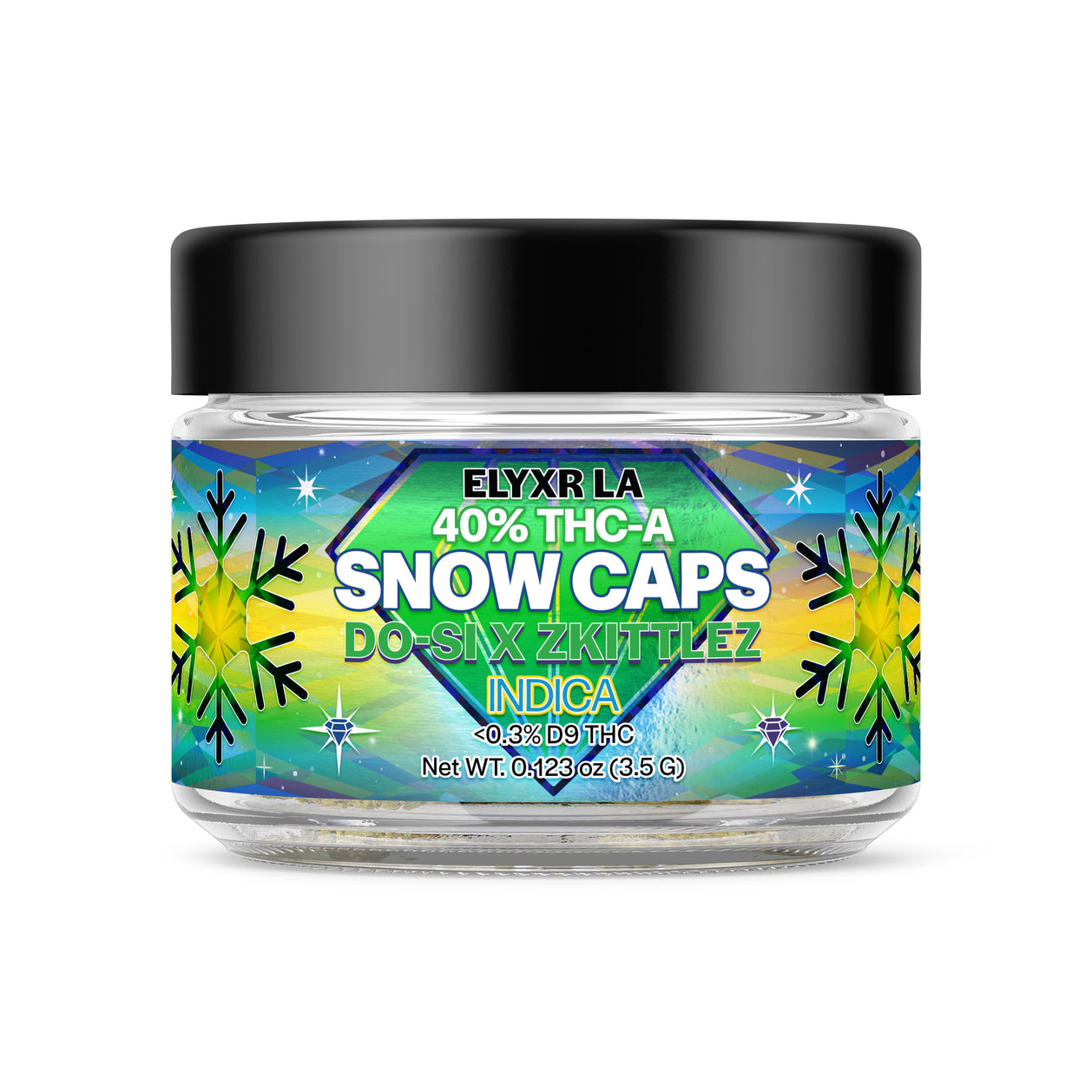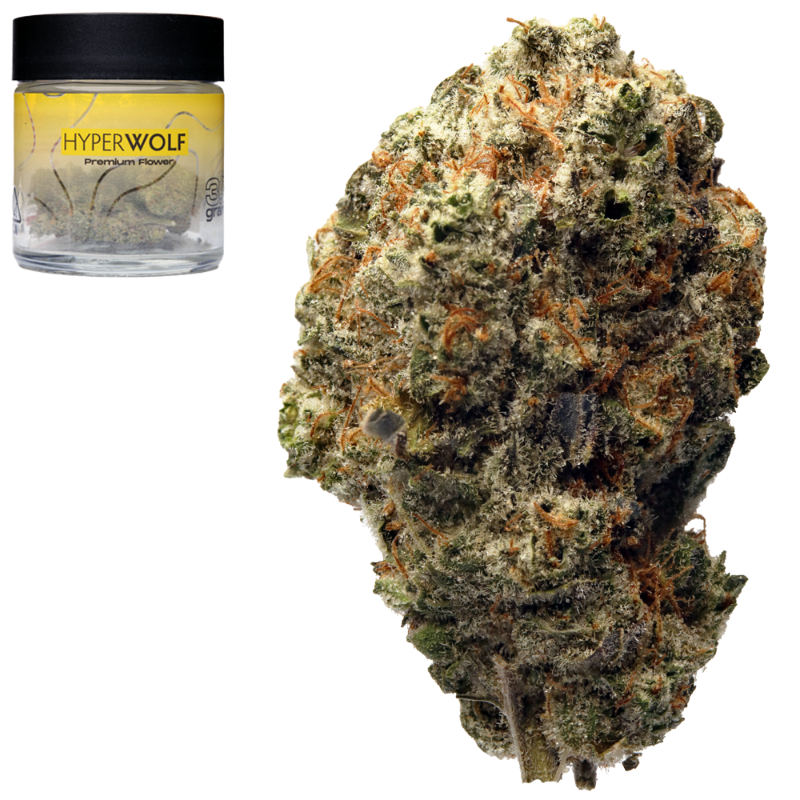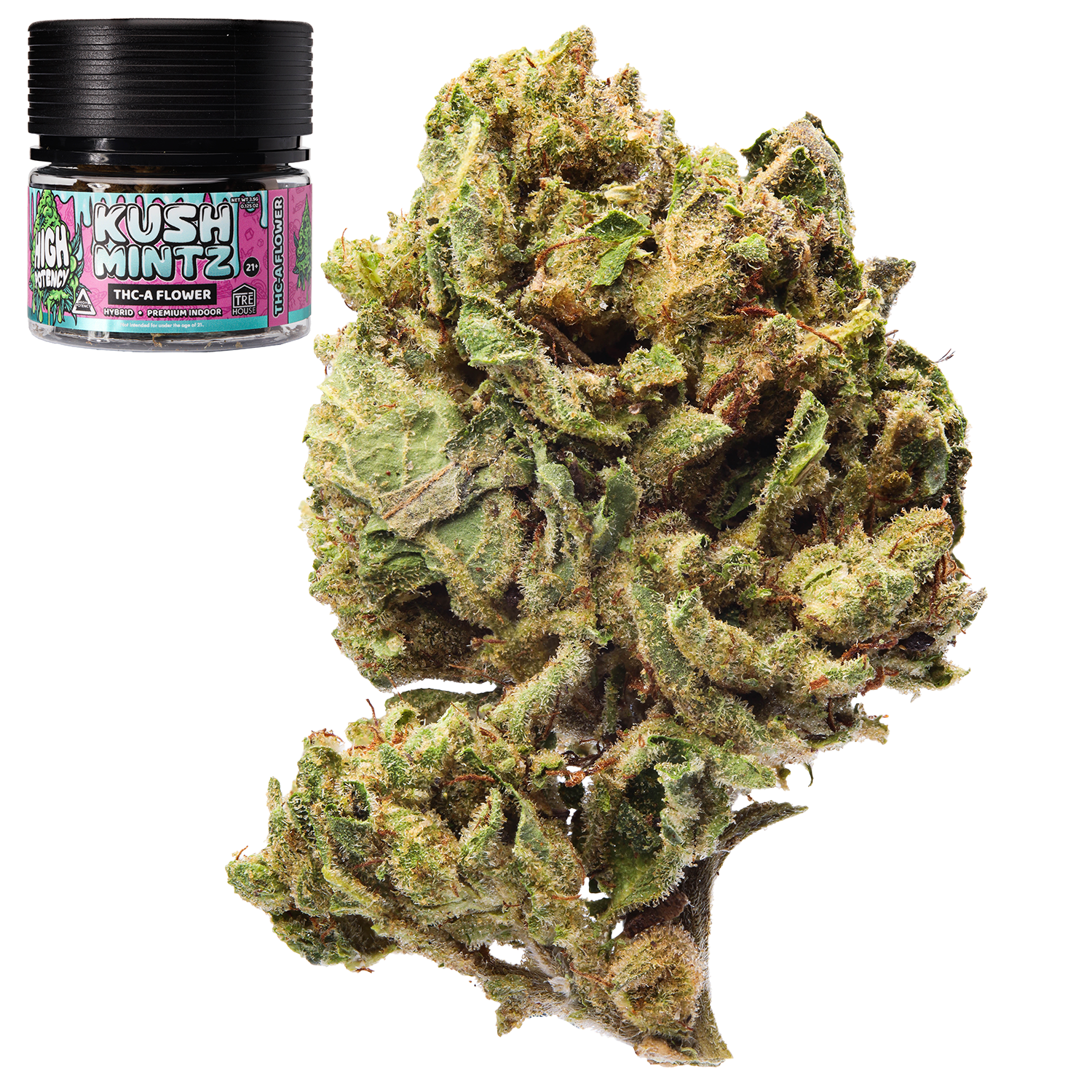Delta 9 THC is everywhere these days—from dispensary shelves to wellness websites to Instagram reels touting the “best chill of your life.” But with all that hype comes a pressing question: Is Delta 9 safe? Whether you’re new to cannabis, curious about hemp-derived THC, or just want to make more informed decisions, this blog covers everything you need to know about the safety of Delta 9.
We’re diving deep into the science, legal considerations, common side effects, comparisons with other cannabinoids, and how to use Delta 9 safely. Let’s get into it.
What Is Delta 9 THC?
Delta 9 tetrahydrocannabinol, or Delta 9 THC, is the primary psychoactive compound found in cannabis. It’s what most people are referring to when they talk about “THC” in general. This cannabinoid is naturally abundant in marijuana and found in smaller quantities in hemp. When consumed, Delta 9 interacts with the body’s endocannabinoid system to produce a wide range of effects, from relaxation and euphoria to heightened sensory perception.
Delta 9 is also the most well-researched cannabinoid, serving as the benchmark for understanding the psychoactive effects of cannabis. Unlike CBD, which is non-intoxicating, Delta 9 is responsible for the “high” traditionally associated with marijuana.
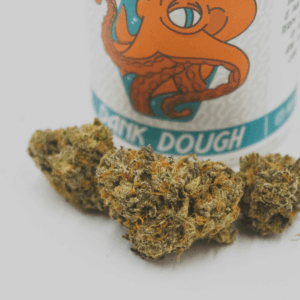
How Delta 9 Works in the Body
The human body has an internal system called the endocannabinoid system (ECS), which helps regulate various physiological processes like mood, appetite, pain, and sleep. Delta 9 interacts primarily with CB1 receptors in the brain and central nervous system. These receptors are part of the ECS and are largely responsible for the psychoactive effects of THC.
When Delta 9 binds to these receptors, it temporarily alters brain chemistry, leading to increased dopamine release and changes in perception, memory, and motor function. This is why users often report feelings of euphoria, creativity, or in some cases, anxiety or paranoia. How someone experiences Delta 9 varies significantly based on their body chemistry, tolerance, and method of consumption.
Legal Status of Delta 9 THC
Legally, Delta 9 occupies a unique gray area, particularly when derived from hemp. Under the 2018 Farm Bill, hemp-derived products are federally legal as long as they contain no more than 0.3% Delta 9 THC by dry weight. This loophole has allowed manufacturers to create legal Delta 9 products by concentrating small amounts in large enough quantities (like gummies or drinks) to be effective.
However, state laws vary widely. Some states fully embrace hemp-derived Delta 9, while others have enacted bans or imposed strict regulations. Marijuana-derived Delta 9 remains federally illegal but is permitted in states with legal recreational or medical cannabis programs. Always check your local laws before purchasing or consuming any Delta 9 product.
Is Delta 9 Safe? A Balanced Perspective
When used responsibly and in moderation, Delta 9 can be relatively safe for most healthy adults. However, like any psychoactive substance, it’s not without risks. Safety often depends on several factors: dosage, frequency of use, individual health conditions, age, and the quality of the product consumed.
The key is balance. While some people find Delta 9 beneficial for pain relief, anxiety, or sleep, others may experience unwanted side effects like paranoia or dizziness. Your unique body chemistry plays a significant role in determining your reaction. Responsible use, including awareness of dosage and setting, can dramatically affect safety outcomes.
Short-Term Effects of Delta 9
Delta 9’s short-term effects can be both enjoyable and unpredictable. Many users report:
- Euphoria
- Relaxation
- Altered perception of time and space
- Increased appetite (hello, munchies)
However, these effects can shift depending on the dose, method of consumption, and the user’s tolerance level. At higher doses, Delta 9 may cause:
- Anxiety or panic
- Paranoia
- Dry mouth and red eyes
- Impaired motor skills
- Short-term memory issues
These effects typically wear off within a few hours but can feel intense if you consume more than your body can handle.

Long-Term Effects of Delta 9 THC
Long-term or chronic use of Delta 9, particularly at high doses, may carry some health risks. Research shows that heavy users may develop tolerance, requiring more THC to achieve the same effects. This can lead to a cycle of escalating use, which in some cases results in psychological dependency.
Other long-term concerns include potential impacts on cognitive function, especially in adolescents or young adults whose brains are still developing. Memory, attention, and decision-making capabilities may be impaired with frequent, long-term use.
It’s also worth noting that marijuana smoking or vaping Delta 9 can pose respiratory health risks due to inhalation of combusted cannabis plant material or additives in vape products. Edibles may avoid those issues, but come with their own challenges in dosing and delayed onset.
Can You Overdose on Delta 9?
Technically, no, you can’t fatally overdose on Delta 9 THC. Cannabis has an incredibly high safety margin when compared to other substances. That said, consuming too much THC can still result in a deeply unpleasant experience.
A non-lethal THC “overdose” can include:
- Extreme confusion
- Hallucinations
- Nausea and vomiting (a condition called cannabinoid hyperemesis syndrome)
- Panic attacks
- Increased heart rate
While these effects typically subside within several hours, they can feel terrifying in the moment. The best way to avoid this is to start with a low dose and increase slowly as needed.
Delta 9 Side Effects: What to Watch For
Side effects from Delta 9 use vary widely but commonly include:
- Dry mouth and dry eyes
- Dizziness
- Anxiety or paranoia
- Lethargy or drowsiness
More severe but rare side effects can include hallucinations, extreme agitation, or even temporary psychosis in high doses or among users with a predisposition to mental health or substance abuse disorders. If you experience these symptoms, it’s best to stop use and consult a healthcare provider.
Is Delta 9 Addictive?
Delta 9 is not physically addictive in the way nicotine or opioids are, but it can be habit-forming. Some users develop what’s known as cannabis use disorder (CUD) or marijuana addiction, a condition where cannabis use begins to interfere with daily life.
Signs of CUD may include:
- Difficulty cutting back
- Using more than intended
- Spending a lot of time acquiring or smoking cannabis
- Continued use despite negative consequences
According to the National Institute on Drug Abuse, about 9% of cannabis users may develop a dependency, with that number rising among daily users.

How Delta 9 Compares to Delta 8 and Delta 10
Delta 9 is significantly more potent than Delta 8 and Delta 10, which are considered “lighter” THC analogs. Delta 8 provides a milder, more clear-headed high and is often marketed as a less intense alternative to Delta 9. Delta 10 tends to be even weaker and is associated with a more energizing or cannabis sativa-like experience.
In terms of safety, all three cannabinoids share similar potential side effects, but because Delta 9 is stronger, the likelihood of intense experiences (good or bad) is higher. That said, Delta 9 is also better studied and understood by the scientific community.
Is Delta 9 Safe for First-Time Users?
If you’re new to THC, Delta 9 can be a bit overwhelming if you dive in too quickly. First-time users should start with a very low dose—around 2.5 to 5 mg if using edibles or a single puff from a vape pen. Wait at least two hours before deciding whether to take more.
The key is to start low and go slow. First experiences with Delta 9 should ideally happen in a comfortable setting with someone trustworthy nearby, just in case the effects feel more intense than expected.
Who Should Avoid Delta 9?
While Delta 9 can be safe for many, it’s not for everyone. Individuals who fall into the following categories should use extra caution or avoid Delta 9 altogether:
- Those with a history of mental health disorders (especially psychosis or schizophrenia)
- People with heart conditions or irregular heartbeats
- Pregnant or breastfeeding individuals
- Adolescents and young adults
Always consult with a healthcare provider before introducing THC into your wellness routine if you have preexisting conditions.
Medical Uses vs Recreational Use
Delta 9 has been studied for various medical applications, including:
- Chronic pain relief
- Nausea and vomiting control (especially in chemotherapy patients)
- Appetite stimulation
- Sleep support
When used medically, Delta 9 is typically consumed in controlled, therapeutic doses under medical supervision. Recreational users, by contrast, often chase more intense effects, which can increase the likelihood of side effects. The line between medical and recreational use can blur, but intentionality and dosage control matter.
Is Hemp-Derived Delta 9 Safer Than Marijuana-Derived?
In terms of chemistry, hemp-derived and marijuana-derived Delta 9 are identical. The difference lies more in regulation, extraction methods, and product quality. Hemp-derived Delta 9 is often produced in states without legal cannabis programs, which means it may not be as tightly regulated as marijuana products.
Look for products that are verified through third party testing, clearly labeled, and transparent about their sourcing and potency, regardless of origin.
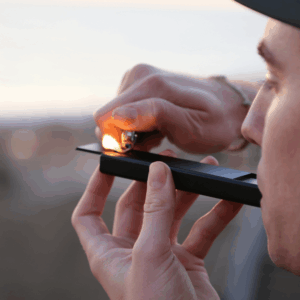
How to Use Delta 9 Safely
Safe Delta 9 use comes down to preparation, awareness, and moderation. Here are some tips:
- Start with a low dose (especially for edibles)
- Avoid mixing with alcohol or other controlled substances
- Consume in a familiar and comfortable environment
- Stay hydrated and well-fed
- Don’t drive or operate machinery under the influence
By taking these precautions, you greatly reduce the likelihood of having a negative experience.
What to Do If You Take Too Much Delta 9
If you find yourself greening out, don’t panic. The effects are temporary, and you will come down.
Here’s what to do:
- Find a quiet, safe place to rest
- Sip water or chew on black peppercorns (a natural calming trick)
- Take CBD if available to help counteract the high
- Distract yourself with music, a show, or a comforting activity
If symptoms worsen or you experience chest pain, extreme agitation, or vomiting, seek medical attention—just to be safe.
Understanding Product Labels and Dosage
Always read product labels carefully. Look for:
- THC content per serving and per package
- Type of Delta 9 (hemp-derived or marijuana-derived)
- Recommended dosage
- Ingredients and warnings
Misreading a label can result in consuming far more THC than intended, especially with edibles, where effects are delayed.
Lab Testing and Product Quality
Reputable Delta 9 products should come with a Certificate of Analysis (COA) from a third-party lab. This document verifies:
- Potency of cannabinoids
- Presence of contaminants (pesticides, heavy metals, solvents)
- Product consistency and safety
Avoid brands that don’t publish or provide lab results. Lack of transparency is a red flag.
The Role of Tolerance in Delta 9 Safety
As with many substances, the more you use Delta 9, the more your body adapts. This means you may need higher doses to achieve the same effects, which can increase the risk of overconsumption or dependency.
To manage this, take occasional tolerance breaks (T-breaks). Even a few days off can reset your sensitivity and make smaller doses effective again.
What Experts and Studies Say About Delta 9 Safety
Scientific studies generally agree that Delta 9 has a relatively safe profile, especially when compared to other recreational substances. Still, they caution that:
- Heavy use may impair cognitive development in young people
- There are potential links between high-THC use and mental health conditions
- Medical cannabis can be effective but should be used under supervision
Experts suggest that responsible use and quality control are critical to minimizing risks.
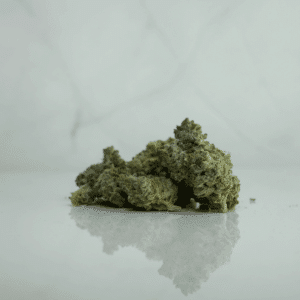
Final Thoughts: Is Delta 9 Safe or Not?
Delta 9 can be safe when used with care. It offers numerous benefits for both recreational and medical users, but it’s not without its drawbacks. The biggest safety factors include dosage, product quality, individual tolerance, and the user’s mental and physical health.
If you’re smart about how and when you consume it, Delta 9 can be a reliable part of your wellness or leisure routine. Just remember: educate yourself, go slow, and always choose high-quality, lab-tested products.
Frequently Asked Questions
1. Is delta-9 safe to take?
Delta-9 THC can be safe to take when used responsibly, especially in low to moderate doses. Many people use it for relaxation, sleep, pain relief, or simply to unwind, and plenty of research supports its benefits. That said, it’s not risk-free—side effects like anxiety, dizziness, or an increased heart rate can occur, particularly in high doses or among sensitive individuals. The key to safe use is starting low, going slow, and always using lab-tested products from reputable sources.
2. Is delta-9 synthetic or synthetic?
Delta-9 THC is naturally occurring. It’s found in both marijuana and hemp plants and is the primary psychoactive compound responsible for the classic cannabis “high.” However, some hemp-derived Delta-9 products are made using extracted and concentrated THC to comply with federal regulations (0.3% THC by dry weight), which leads to some confusion. As long as it’s not chemically altered in a lab to create new molecules, it’s not considered synthetic.
3. What states banned delta-9?
Several states have restricted or banned hemp-derived Delta-9 THC, even though it’s federally legal under the 2018 Farm Bill. These bans are often aimed at closing legal loopholes or maintaining tighter control over THC products. As of now, states like Idaho, Utah, and South Dakota have laws that prohibit Delta-9 regardless of whether it’s derived from hemp. Other states may allow it but regulate it heavily. Because laws change frequently, it’s important to check your state’s most recent cannabis and hemp legislation before buying or using Delta-9 products.
4. How does delta-9 affect your heart?
Delta-9 THC can affect heart function by temporarily increasing your heart rate, which is known as tachycardia. This effect typically kicks in shortly after consumption and can last for a few hours, depending on the dose and method of intake. For most healthy individuals, it’s not a major concern. However, for people with preexisting heart conditions or those at risk for cardiovascular issues, this spike in heart rate can be problematic. If you have any heart-related medical conditions, it’s best to talk to your doctor before using Delta-9.
5. Does Delta 9 THC show up on drug tests?
Yes, Delta 9 THC will absolutely show up on most standard drug tests. Whether it’s a urine, blood, saliva, or hair test, these screenings are designed to detect THC metabolites—specifically THC-COOH, the compound your body produces after metabolizing Delta 9. It doesn’t matter if the THC came from a hemp-derived product or traditional marijuana use; the test doesn’t distinguish between the two. If you have an upcoming drug test, it’s best to avoid all THC products, including those labeled as legal hemp Delta 9. Even small amounts can accumulate with repeated use and trigger a positive result.




